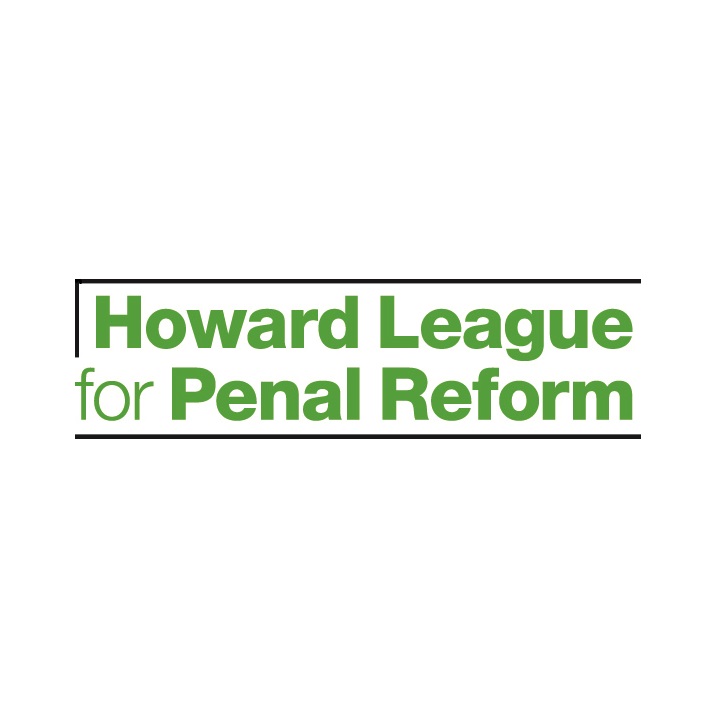
The UK’s first-ever inquiry into crime linked to gambling will draw to a close today (Wednesday 26 April), with a final report that calls on the government, health bodies and criminal justice agencies to take a strategic approach to tackling the issue.
The Commission on Crime and Gambling Related Harms, chaired by Lord Peter Goldsmith KC, was set up by the Howard League for Penal Reform in 2019 to investigate the links between crime and gambling-related harms, what impact they have on communities and wider society, and what steps could be taken to reduce crime and make people safer.
Its final report calls for a “greater central drive” from the Home Office and Ministry of Justice, together with more funding to be provided locally and regionally, to develop a treatment and support infrastructure through the police, courts and prisons, which would help to reduce crime and enable more people to access services.
The Commission also recommends the creation of a national board to address crime linked to gambling – including senior representatives from the police, police and crime commissioners, prosecution, courts, probation, prisons, public health, victims’ advocates, and representation from those with lived experience of gambling-related harms related to crime.
The report comes as the government prepares to announce planned reforms to gambling laws, with a long-awaited White Paper expected soon. The Commission found that there is “an urgent need for ownership to be taken to reduce gambling harms related to crime both at political and strategic level and at operational policy and professional stakeholder level”.
The Commission discovered that there is “appetite for reform” within the police, courts, prisons and probation, but found an “apparent absence of scrutiny” within government, by inspectors of government services and, largely speaking, by Parliamentarians.
Lord Goldsmith KC, Chair of the Commission on Crime and Gambling Related Harms, said: “Hardly a week goes by, it seems, without a newspaper reporting a criminal court case in which gambling has been a factor – but we know that the cases that reach the news are not the full picture. Although gambling-related harms have links to a diverse range of offences, this is not yet well recognised by government and reliable estimates of prevalence remain elusive.
“Many witnesses who gave evidence to the Commission pointed to a lack of understanding and support for those affected at each stage of the criminal justice system – at the police station, in the courtroom, on community sentences, in prison and on release.
“More positively, there are already initiatives showing a way forward across the country, and there is a growing understanding among some practitioners that gambling-related harms can be as intrinsically linked to contact with the criminal justice system as substance misuse or poor mental health. There are opportunities for this to be recognised more systematically in the burgeoning development of nationwide prevention and support services.
“It is time for action. Our recommendations point the way ahead for politicians, policymakers and everyone working to prevent crime.”
When the Commission began in 2019, it found that the previous 25 years had produced fewer than 50 peer-researched papers worldwide that were focused on the links between gambling-related harms and crime. As well as holding evidence sessions with expert witnesses, it commissioned a series of new research projects to broaden understanding of the issue.
This work has enabled the Commission to make recommendations responding to four priorities: developing a strategic approach to gambling-related crime; enhancing the role of criminal justice agencies; integrating gambling-related crime into broader government action on gambling harms; and commissioning further research.
The recommendations include a call for better screening and assessment processes at multiple points of the criminal justice process and a mandatory requirement that, where gambling-related harms or potential gambling addiction are identified, pre-sentence reports are completed to advise the court on appropriate sentencing options that include support and treatment pathways.
The Commission recommends that the voices of people with lived experience of gambling harms related to crime, including those affected by the gambling of others, should be integral to the development of guidance, training and support.
There are specific recommendations aimed at the Ministry of Justice, the Crown Prosecution Service, the Sentencing Council, the Judicial College and His Majesty’s Prison and Probation Service, in respect of changes they could make to improve their handling of cases linked to gambling.
The Commission recommends that a joint Parliamentary select committee should be established to scrutinise cross-government action on gambling-related harms and its links to crime. In the longer term, this work could be continued by a group comprising government ministers, departmental leads and other organisations – a model similar to the existing Deaths in Custody Ministerial Group.
Inappropriate confiscation of assets under the Proceeds of Crime Act, which can ruin the lives of innocent families, was raised as a particular cause for concern in the Commission’s evidence sessions. The report calls for “careful consideration” by the Home Office and the Gambling Commission of how the asset confiscation scheme applies to gambling-related crimes.